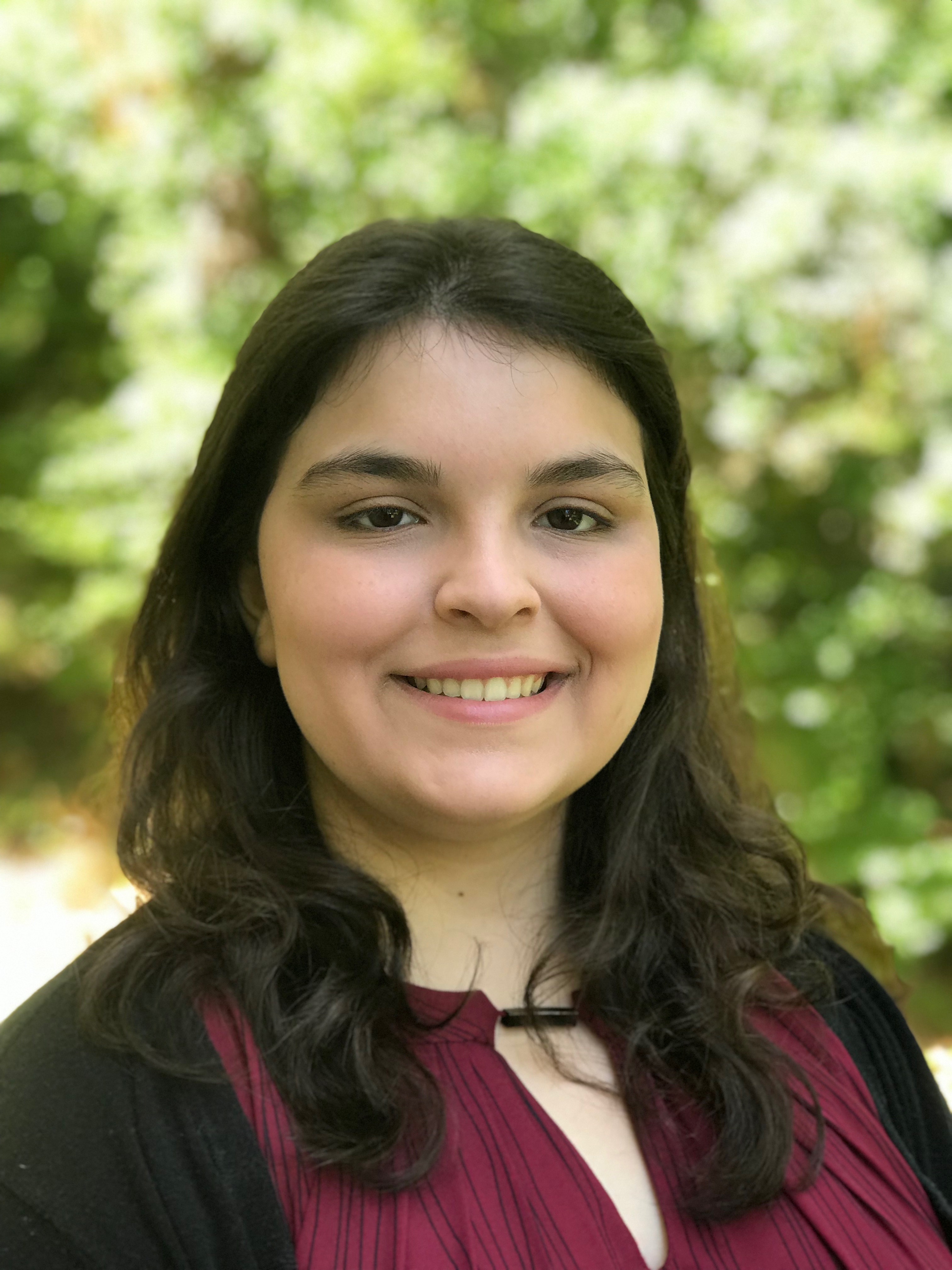Research Symposium
22nd annual Undergraduate Research Symposium
Maia Inman Poster Session 6: 2:30-3:15/Poster #68

BIO
My name is Maia Inman. I am originally from Arizona and spent several years in Michigan as well. I went to Highschool here in Tallahassee. I am a senior psychology student graduating this summer. I am interested in cognitive psychology and cognitive neuroscience and have been researching in these fields since sophomore year.
Retroactive change detection of novel objects with eye tracking and odor cue assistance
Authors: Maia Inman, Dr. Chris MartinStudent Major: Psychology
Mentor: Dr. Chris Martin
Mentor's Department: Psychology and Neuroscience Mentor's College: Arts and Sciences Co-Presenters:
Abstract
Processing what we see can be complex, partially because we can only attend to a limited amount of visual information at one time. When diverting attention away from a target or violating the participants expectations, researchers have demonstrated that a participant can fail to notice a change. This holds when even salient changes are made. This is referred to as change blindness. Currently we ask if visual changes not initially perceived can be detected retroactively based on the content of long-term memory. To test this, participants completed a three-stage experiment. In the first stage, we presented pictures of four novel multi-feature objects. In the second stage, objects were presented in either their original or changed form. Critically, a contextual odor cue was presented during this stage for half of participants. In a final stage, participants were shown the original objects from stage one in conjunction with the same odor cue. We predict that the association between the stage two objects and the odor cue will be strong enough to evoke retroactive change detection. Specifically, we anticipate that participants who did not notice the change that occurred between stage one and two will report this change retroactively during stage three due to the mismatch between the odor cue and presented objects. Participants who received the odor cue should have higher rates of retroactive detection than those that did not. These results would suggest that we can detect previously unseen visual changes in our environment by attending to information in memory.
Keywords: Memory, Cognitive, Psychology, Change Detection

